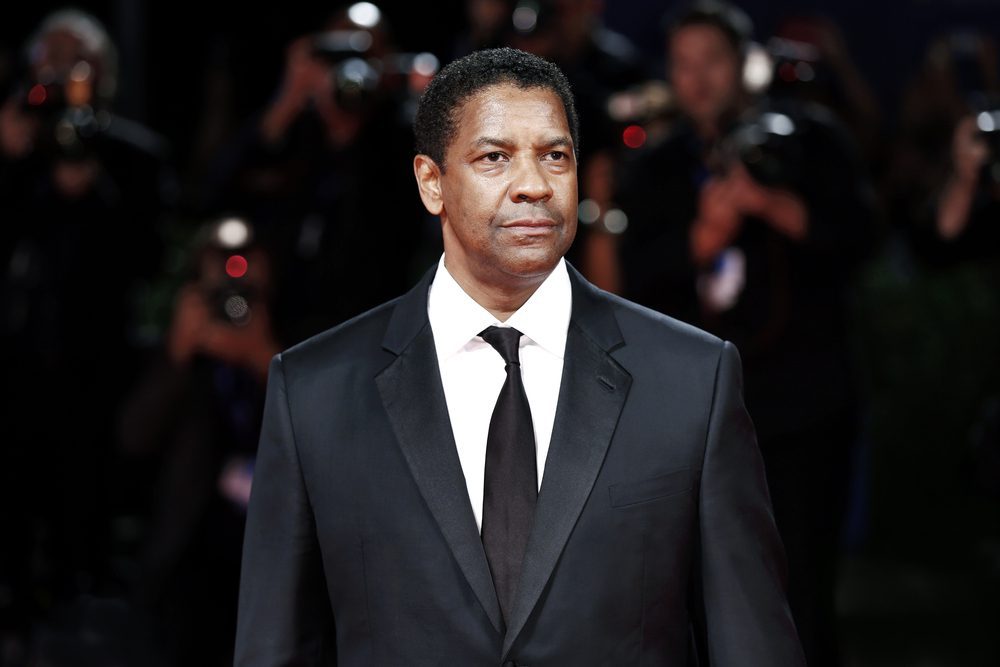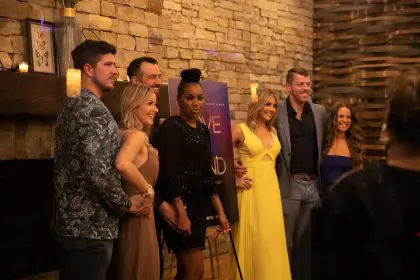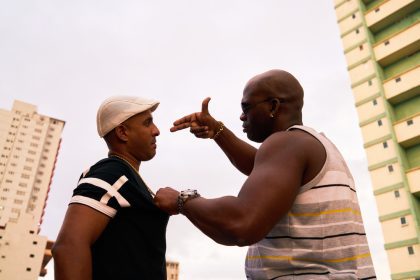
Erick Nunez is a Bronx-based social worker who works with Brightpoint Health in New York City. Nunez was inspired to become a social worker after he had to watch a family member suffer from HIV at a young age, and now with his work with both Brightpoint and the YGBLI, he’s doing his part to ensure others in his community have access and awareness to fight this epidemic.
“I’m working with individuals who are HIV positive or have an AIDS diagnosis or are dealing with some kind of substance abuse or mental illness,” says Nunez. “So within my work, not only are we addressing HIV, we are addressing other intersectionalities of HIV. How HIV and substance abuse and how HIV and mental health correlate to each other, and the intersectionalities that are around that, as well, such as homelessness, situational sex and substance abuse.”
In his fight for HIV/AIDS awareness, Nunez is committed to addressing HIV in a way that emphasizes community and reducing risks, not stigmatizing and shaming. In the case of drug use, he explains how needle exchange programs can help lower the transmission of the virus without minimizing how difficult it is for those with addictions to get clean.
“The needle exchange program is a program that is considered to be harm reduction. It’s intervention that seeks to reduce harm associated with drugs and other diseases. So if you have a client who is using drugs or shooting up, but don’t quit drugs, instead of telling them to be completely abstinent of the drugs, you can reduce the harm by exchanging their dirty needles for clean needles, which will reduce the chance for infectious diseases and keeps them at lower risk,” he says.
Nunez wants initiatives to specifically address the Black and Latino community in a way that encourages education as opposed to just fear.
“Being Puerto Rican and Black, I see the stigma on both ends; the Latino side and the Black side,” he explains. “I think we do a good job of showing how HIV affects the Black community, but we’re only focusing on one facet of the Black community; which is young, gay Black men. But we’re not talking about the overall effects in general in the Black community — how it affects hetereosexual couples, our women, our children, our older population. The image needs to change so that people see how HIV is affecting us as a whole. And in the Latino community, we don’t believe in going to the doctor. When you have an illness, you either pray about it or drink some hot tea. I think the Latino community views HIV as a killer disease and if you have it, you’re going to die the next day. So there must be more knowledge; more literature in Spanish and language that targets the Latino community that will make them aware of how HIV is affecting the Latino community.”
Nunez is on the ground daily, working within the system to help those affected by HIV in his community. And it’s sometimes frustrating work in spite of how much good it does.
“Working in the field of HIV is not easy. But I think the relationship and rapport that I build with my clients is such an enlightening aspect of the job. Them knowing that they have the support there and knowing they have the support. But the system is very frustrating to work with and the system keeps people in a box. Having to advocate for my clients on a daily basis on their rights — sometimes it’s overwhelming. But it’s part of the job and nothing worthwhile happens without a fight,” says Nunez.












